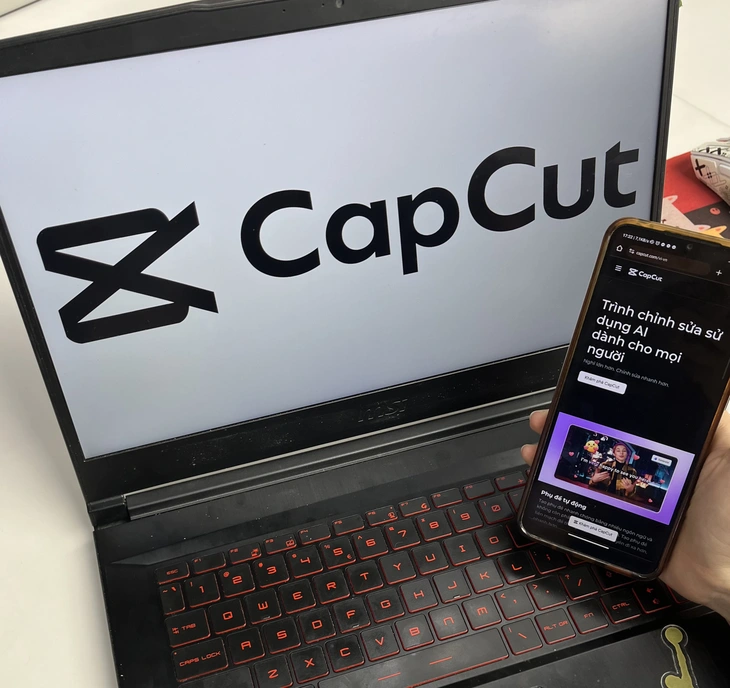
Millions of CapCut users reported that they were unaware of the platform's updated terms. - Photo: THANH THU
CapCut is a popular video editing app from ByteDance, often used to create short videos before posting them on TikTok or Facebook. Recently, some updates to the terms of use have many people asking: is CapCut keeping personal content that users think only they can see? How do these changes affect users' control over their data?
CapCut Updates Terms: Users Worry About Privacy Invasion
In June 2024, CapCut updated its terms of use and immediately sparked a heated discussion among its user community about a notable point: the platform has the right to access and reuse user-generated content within the app, including videos, audio, effects, templates, and resources that have never been shared publicly.
Many users who read the terms expressed concern, saying that it could violate their privacy and copyright. Some even questioned: if a video that has never been posted is still stored and can be reused, does the content creator still have control over his product?
What has caused widespread controversy is the way CapCut announced the update. While the new terms were publicly posted on the website, the platform did not send email notifications to users, nor did it display a clear warning in the app. The terms only state that CapCut 'may' provide notice in reasonable forms such as in-app notifications or via email, but there is no specific commitment.
As a result, most users only discovered the change when warning posts appeared on tech forums and social networks.
CapCut speaks out
After the online community spoke up, CapCut representatives officially responded on the support page on June 24, 2025. Accordingly, CapCut affirmed that there were no changes in rights to user-created content.
The company said that this update to the terms is only to clarify the wording, especially the content related to the relationship between CapCut and third parties, including service providers, distribution platforms and affiliate partners.
CapCut emphasizes that user content remains the property of its creators, and the platform does not use that data to train artificial intelligence unless explicitly notified and legally consented to.
However, many users said they had never read or known about the content before.
The terms and conditions remain controversial to this day, with some arguing that while there are no major changes to the rights, the lack of email or in-app notification leaves users in the dark about what they’ve agreed to.
What should users note?
The incident highlights a clear gap between policy and user perception, with many admitting they have never read the app’s terms and conditions, even though the fine print clearly dictates who can do what with the data they generate.
In the context of rapidly developing digital technology , more and more platforms are expanding the scope of data collection and use. Users should consider finding information from reliable sources to understand the related rights and constraints, thereby making appropriate decisions when using the service.
Source: https://tuoitre.vn/capcut-va-dieu-khoan-bi-tranh-cai-quyen-du-lieu-thuoc-ve-ai-20250626171430678.htm



![[Photo] The 1st Congress of Phu Tho Provincial Party Committee, term 2025-2030](https://vphoto.vietnam.vn/thumb/1200x675/vietnam/resource/IMAGE/2025/9/30/1507da06216649bba8a1ce6251816820)

![[Photo] General Secretary To Lam receives US Ambassador to Vietnam Marc Knapper](https://vphoto.vietnam.vn/thumb/1200x675/vietnam/resource/IMAGE/2025/9/29/c8fd0761aa184da7814aee57d87c49b3)
![[Photo] Solemn opening of the 12th Military Party Congress for the 2025-2030 term](https://vphoto.vietnam.vn/thumb/1200x675/vietnam/resource/IMAGE/2025/9/30/2cd383b3130d41a1a4b5ace0d5eb989d)
![[Photo] General Secretary To Lam, Secretary of the Central Military Commission attends the 12th Party Congress of the Army](https://vphoto.vietnam.vn/thumb/1200x675/vietnam/resource/IMAGE/2025/9/30/9b63aaa37ddb472ead84e3870a8ae825)
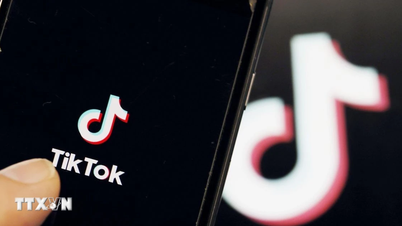





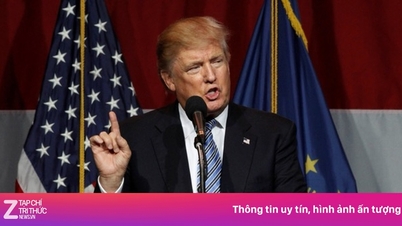






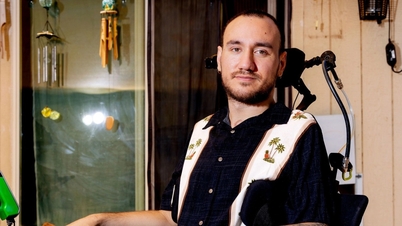










![[Photo] General Secretary To Lam attends the ceremony to celebrate the 80th anniversary of the post and telecommunications sector and the 66th anniversary of the science and technology sector.](https://vphoto.vietnam.vn/thumb/1200x675/vietnam/resource/IMAGE/2025/9/29/8e86b39b8fe44121a2b14a031f4cef46)






























































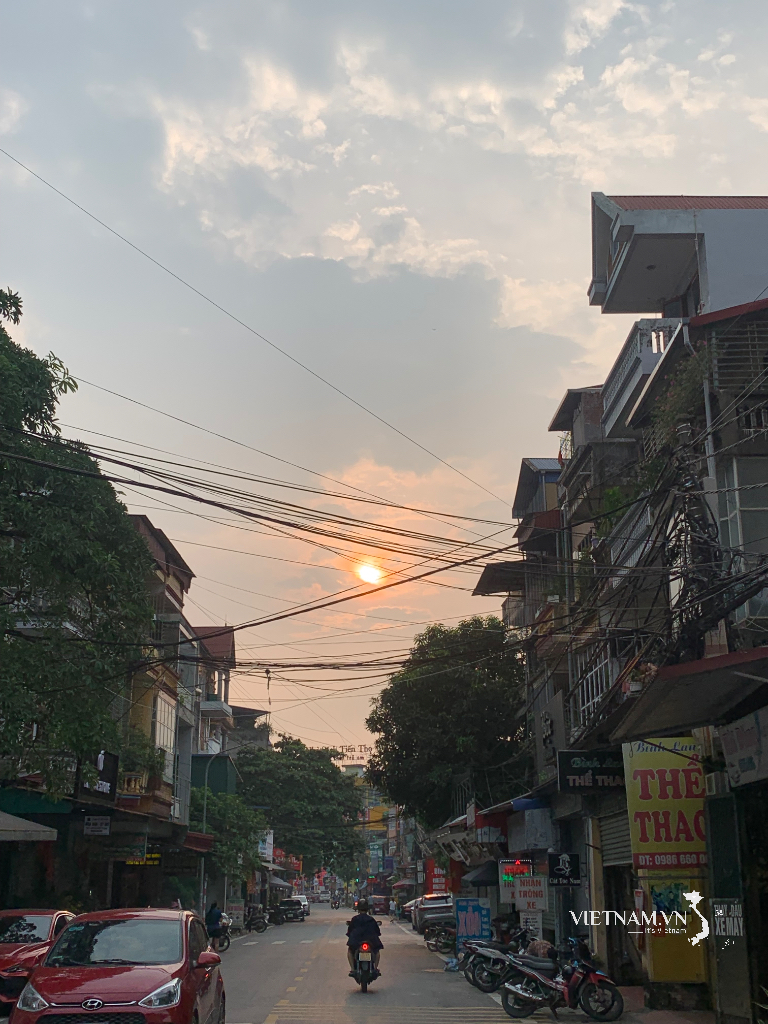

Comment (0)